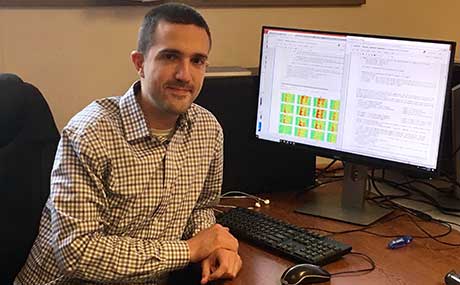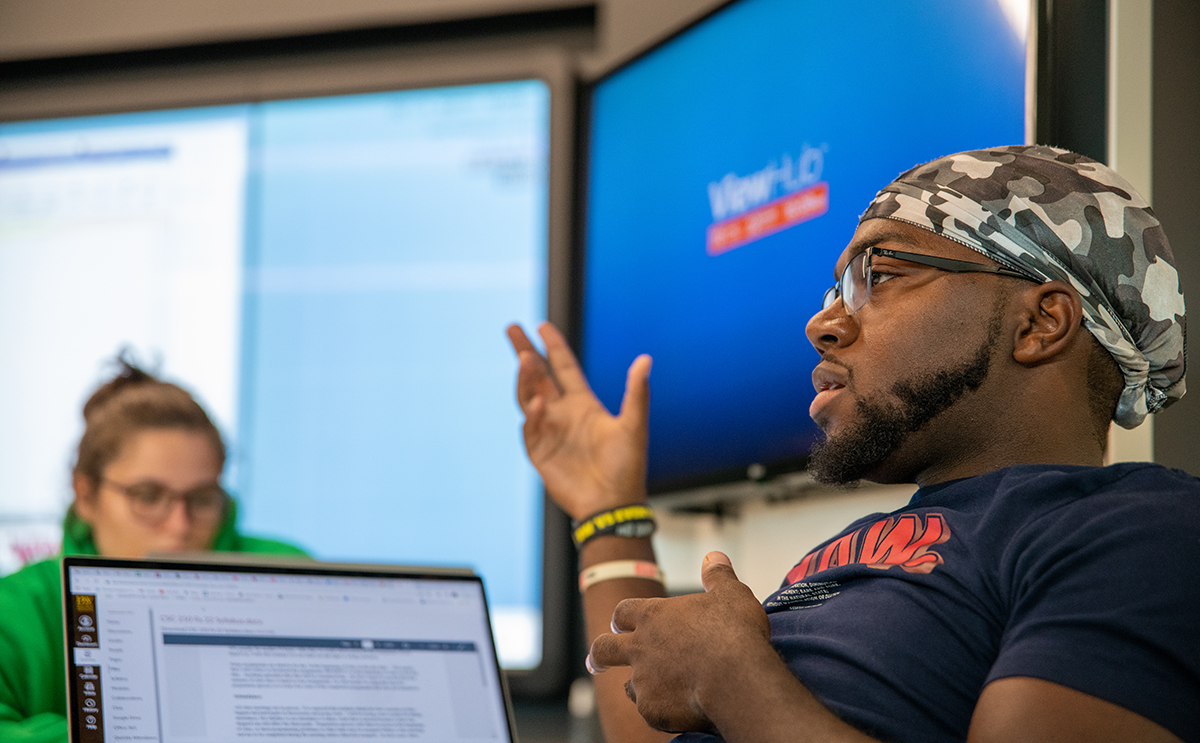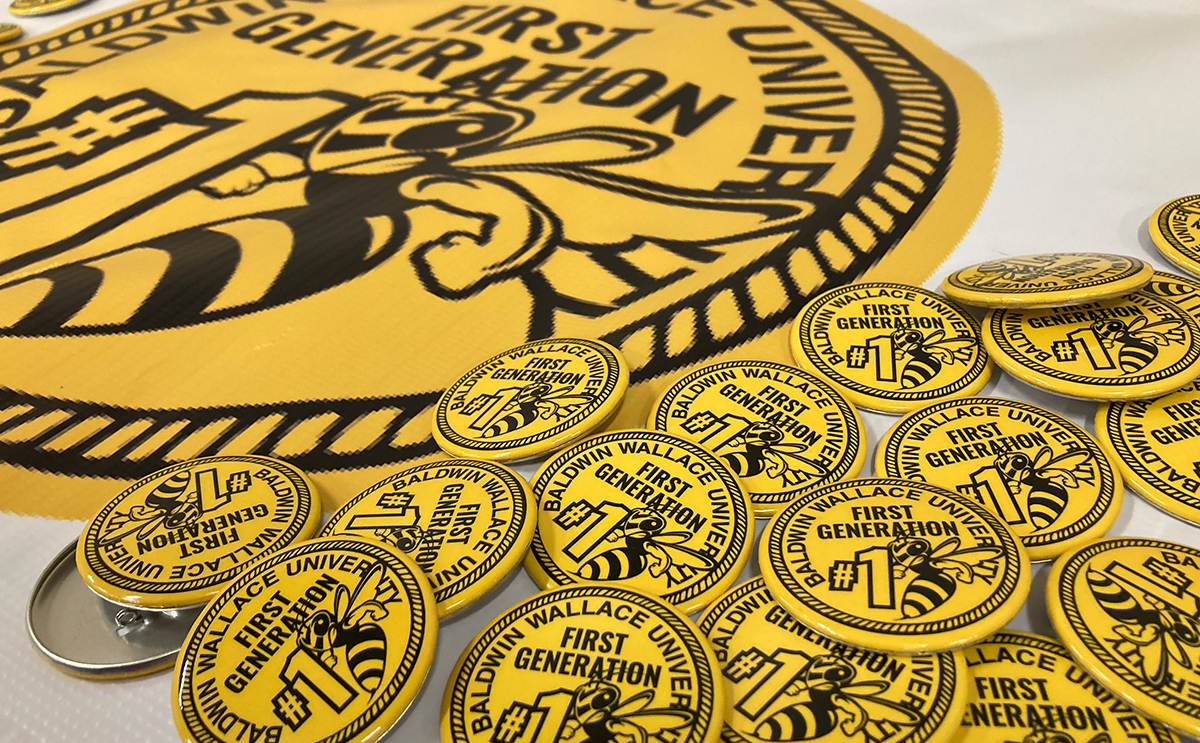Physics grad studies brain-controlled robotic prosthetics
 Daniel
Candrea
'14
learned
to
wrestle
with
big
problems
as
a
BW
physics
major.
That
experience
prepared
him
for
the
amazing
challenges
he
faced
as
a
research
assistant
at
Johns
Hopkins
Hospital.
Together
with
his
professional
colleagues,
Candrea
worked
to
develop
a
mechanism
by
which
individuals
with
physical
limitations
may
one
day
be
able
to
use
the
neural
activity
in
their
brains
to
control
robotic
artificial
limbs.
Daniel
Candrea
'14
learned
to
wrestle
with
big
problems
as
a
BW
physics
major.
That
experience
prepared
him
for
the
amazing
challenges
he
faced
as
a
research
assistant
at
Johns
Hopkins
Hospital.
Together
with
his
professional
colleagues,
Candrea
worked
to
develop
a
mechanism
by
which
individuals
with
physical
limitations
may
one
day
be
able
to
use
the
neural
activity
in
their
brains
to
control
robotic
artificial
limbs.
After
graduating
from
BW,
Candrea
went
on
to
earn
his
M.S.
in
biomedical
engineering
at
Duke
University.
He
continued
his
career
with
his
research
position
at
Johns
Hopkins
where
he
also
began
his
studies
as
a
Ph.D.
candidate
this
fall.
Looking back, Candrea reflects with fondness on the transformative effect BW had on his career path. He believes the quality of education he received, along with the appreciation for hard work and the academic excitement instilled in him, has been integral to his success. "It was at BW that I truly became motivated to learn and was inspired by many disciplines," he said.
"Dr. Ed Meyer, chair of the physics department, influenced me most throughout my undergraduate studies. Using physics as the medium, I learned from Dr. Meyer that solving any problem or achieving any worthwhile goal requires persistence and determination. Because of my experience in his classroom, I can rise to any challenge I am confronted with as I can methodologically approach it, struggle with it and resolve it," Candrea said.
Originally planning on medical school following graduation, Candrea discovered his true passion was neuroscience. His studies as an undergraduate at BW trained him to ask pointed questions, engage in healthy skepticism, and work closely and efficiently with his colleagues, all of which established a firm foundation for his change in career focus and the success he is currently enjoying in his postgraduate studies.
When asked about his advice to current BW students, Candrea answered without hesitation. "Talk to your professors, because you can. They make themselves available and are deeply invested in your success."



